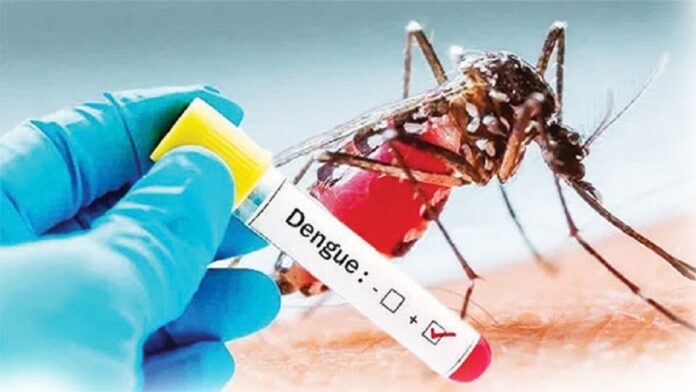Colombo (LNW): The World Health Organisation (WHO) has issued a press release signaling a significant resurgence in global dengue cases in 2023, marked by a notable increase in the scale, number, and simultaneous occurrence of multiple outbreaks.
This surge follows a slight decline in cases between 2020 and 2022, attributed to the impact of the COVID-19 pandemic and decreased reporting rates.
Dengue transmission typically follows a cyclical pattern, with large outbreaks occurring every 3-4 years.
The COVID-19 pandemic led to varying levels of dengue transmission, resulting in an accumulation of individuals without immunity to specific dengue virus serotypes.
While data on circulating dengue serotypes is limited, ongoing transmission in 2023 has led to an unexpected spike in cases, surpassing five million globally, with over 5,000 dengue-related deaths.
The affected regions span over 80 countries/territories and include the Americas, Africa, South-East Asia, Western Pacific, and the Eastern Mediterranean.
The Region of the Americas bears the highest burden, accounting for approximately 80 per cent of the reported cases, totaling 4.1 million.
Dengue, the most widespread arbovirus, causes a substantial number of arboviral disease cases in the Americas, with recurrent epidemics every 3 to 5 years.
Clusters of autochthonous dengue cases have also been reported in the WHO European Region, although the reported numbers likely underestimate the true burden due to asymptomatic primary infections and the lack of mandatory reporting in numerous countries.
The escalating risk of the dengue epidemic is attributed to various factors outlined by the WHO, including changing vector distribution, the impact of El Niño phenomena in 2023, climate change contributing to increased temperatures, rainfall, and humidity, and fragile health systems amid the ongoing COVID-19 pandemic.
Political and financial instabilities in countries facing humanitarian crises and high population movements further complicate the challenges posed by the epidemic.
Weaknesses in surveillance systems may have contributed to delayed reporting and response, potentially leading to increased severe dengue outcomes.
A global risk assessment by WHO concludes that the risk of a dengue epidemic is high globally, considering the increasing transmission risk and the surge in cases and deaths.

